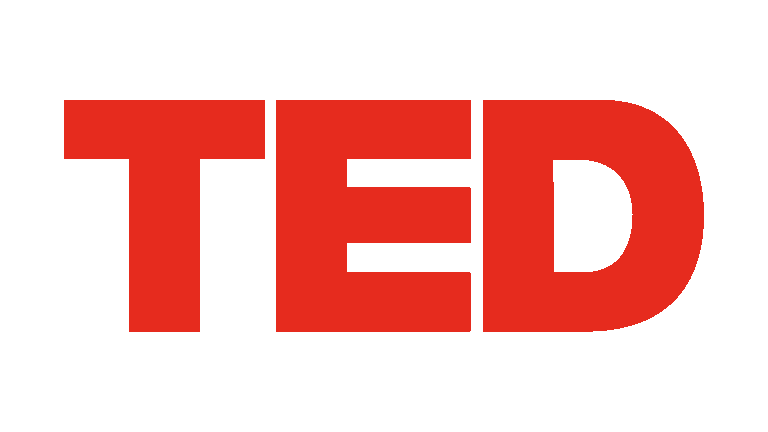Even with Lean, Complexity Kills
Lean is being made too confusing for its own good, it’s time to cut the jargon, keep it simple and enjoy the benefits of an engaged and motivated workforce!
Having spent three decades at Toyota, we spent little, if any time reading about ‘Lean’. In fact, we never referred to it as Lean, rather the Toyota Production System (TPS). For us that’s just how we did things, it was part of our basic culture.
Since leaving Toyota I’ve been reading the mountain of ‘Lean’ materials and literature, stunned by how authors are making Lean far more complex than it needs to be.
I guess many of you are feeling the same?
Well, you shouldn’t really be surprised by the complexity and confusion that appears to exist. After all the information being shared is at best coming from the experience of the particular author, which may be significantly different from your own experience and that of others.
Joining Toyota in 1991 I relished the opportunity to be involved in setting up a manufacturing operation on a greenfield site. As an engineer I was mainly responsible for delivering process improvement (Kaizen). This was focussed in all areas of the operation: safety, quality, productivity and cost. I was expected to constantly develop my skills and understanding, but even more importantly to share that knowledge within the organisation, to grow our members’ capabilities.
Several years in and a few of my work colleagues had left the organisation to join the many consultancy groups established to service the growing market demand for TPS know how. I recall a conversation at that time with our Japanese executive advisor, who was somewhat puzzled as to why our members were in such high demand by these consulting companies. I did my best to explain how beneficial TPS was to other companies, of course he already knew that. Still puzzled he looked at me and said “But Kevin, it’s just teamwork!”
Now I have to be honest, I didn’t get that, or at least not when he said it – it was much later that realisation dawned. For me and many others it was clear, the tools of TPS were like magic, and the world wanted them.
In 2009 I had the opportunity to play a key role in setting up the Toyota Lean Management Centre (TLMC) with the specific purpose of sharing Toyota best practice with non-competitive organisations. The reference to Lean was only included in recognition of the term being widely used in the external world.
We quickly realised that although TPS could deliver the magic, with organisations reaping benefits from using just a few of the tools, and gaining significant capacity and/or productivity improvements, the real issue for most organisations was a cultural one. It just wasn’t the way they did things!
Now I’m not suggesting for one minute that the way these organisations were working was wrong, it’s more that their culture did not align to being able to fully embrace TPS in all its glory.
In my latter years with Toyota, I was operating at general management level with responsibility for manufacturing operations. We faced many challenges during this period, constantly working to improve our competitiveness as a plant and to respond to market demand far exceeding our original installed capacity.
On one occasion in 2016 we were challenging the capacity of the assembly line. The change was significant and came with big risks to both volume achievement and members’ motivation. Production, Maintenance and Engineering leaders would meet briefly three times a day as normal at the line side to check and agree improvement actions.
These meetings were fully supported by myself and the executive management team, offering support and guidance in order to accelerate the improvement process. But as this was a significant change, and to further enhance teamwork, the management team from all related divisions joined for several weeks, spending their entire day on the assembly line directly supporting the problem-solving activities. Normal offline duties were either delegated or carried out at the end of the production shift.
I’m extremely proud to say that we achieved all our goals through the significant efforts of our members. We pushed the boundaries beyond what was originally imagined possible, secured circa 20% capacity improvement with no investment and no loss of operational performance, becoming a benchmark in Toyota for global best practice. But more importantly, we did it by working together with clear and common purpose. With leadership dedicated to providing support at all levels, enabling our members to seek out innovative solutions and break through to the next level.
To put it simply, for me, Lean is real organisational teamwork!
My advice to you is to build your organisation’s capability to look for, find and solve problems first and foremost. Keep it simple, the key point is to choose a methodology that you can quickly and easily train throughout the entire organisation. That way not only does it become a common language but it also provides a mechanism to engage all employees by setting up your daily management systems to implement its application. This focus on daily management ensures that all the team, supported strongly by the leaders, are focused on addressing real time issues arising in the business.
Using this approach, you can develop both the leadership behaviours and employee skills that lead to a motivated and engaged workforce. From this point you can challenge the countless opportunities for improvement that using Lean tools will highlight, developing your organisation to be self-reliant and innovative, and driving you to new levels of operational excellence.
About the Author
Kevin Robinson is an operations management and sustainable cultural transformation expert.
A Toyota Veteran of almost 30 years, he is skilled in changing management habits and creating true teamwork to engage and motivate the workforce to deliver on the operational objectives that really matter.
He is also an adjunct lecturer in operational excellence Trinity College in Dublin and an experienced keynote speaker.
Copyright©2021 All rights reserved Kevin Robinson







